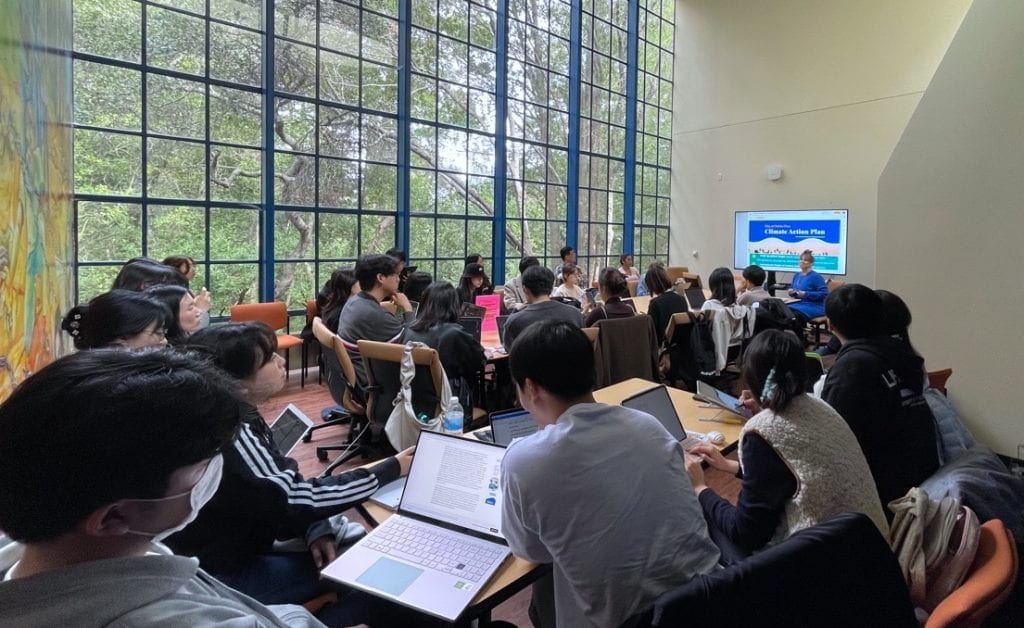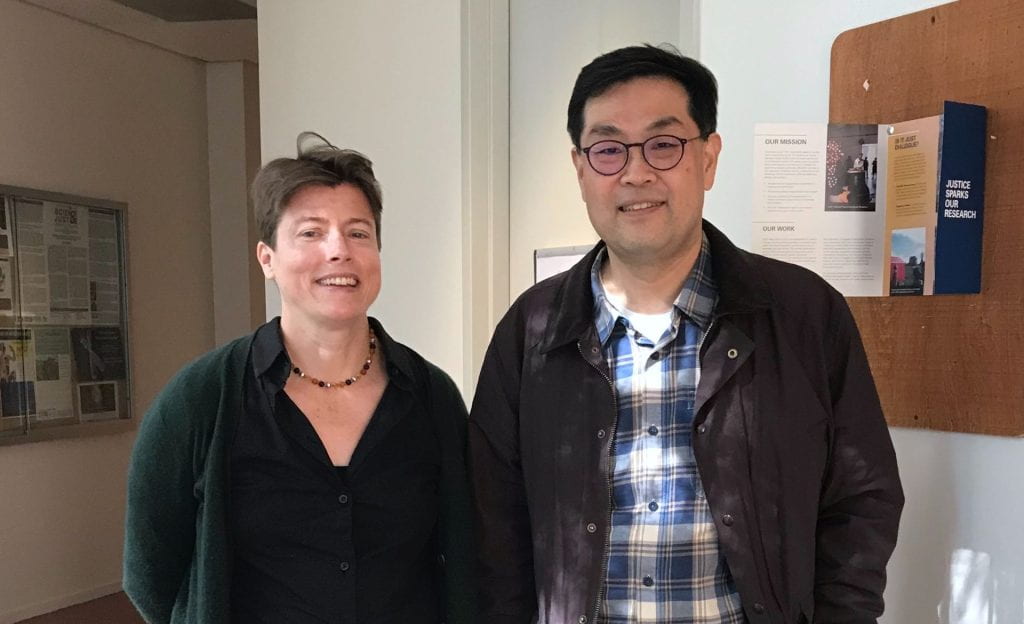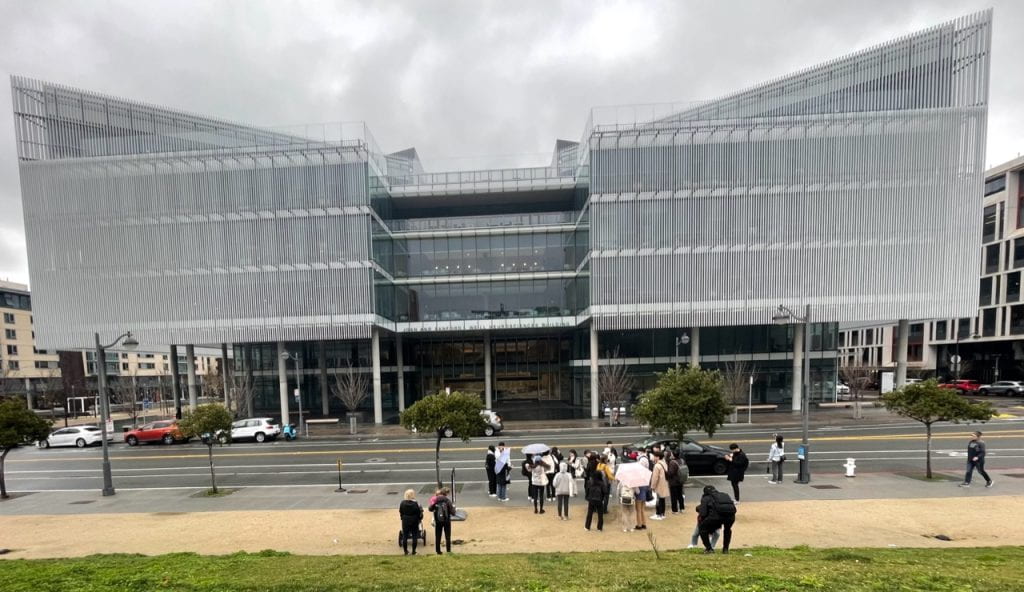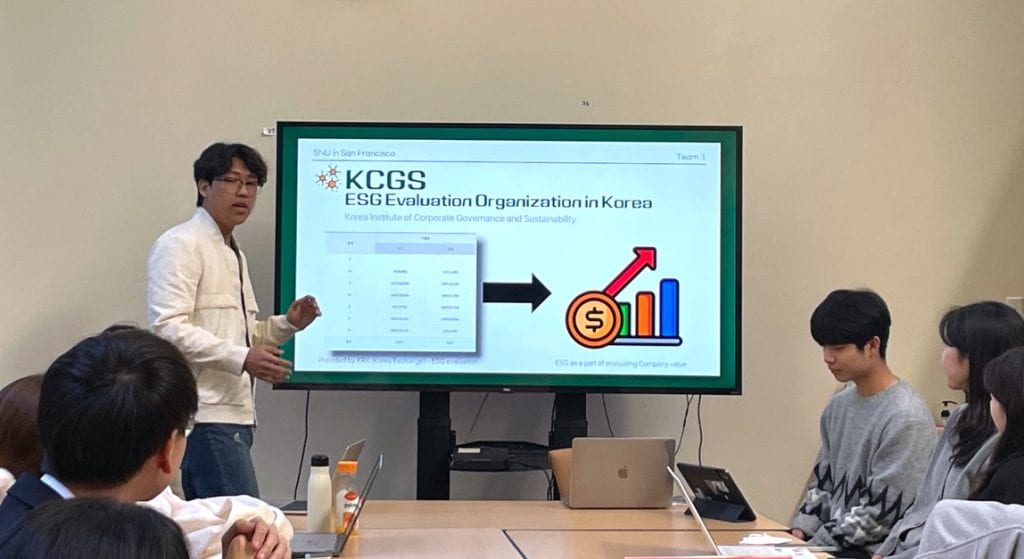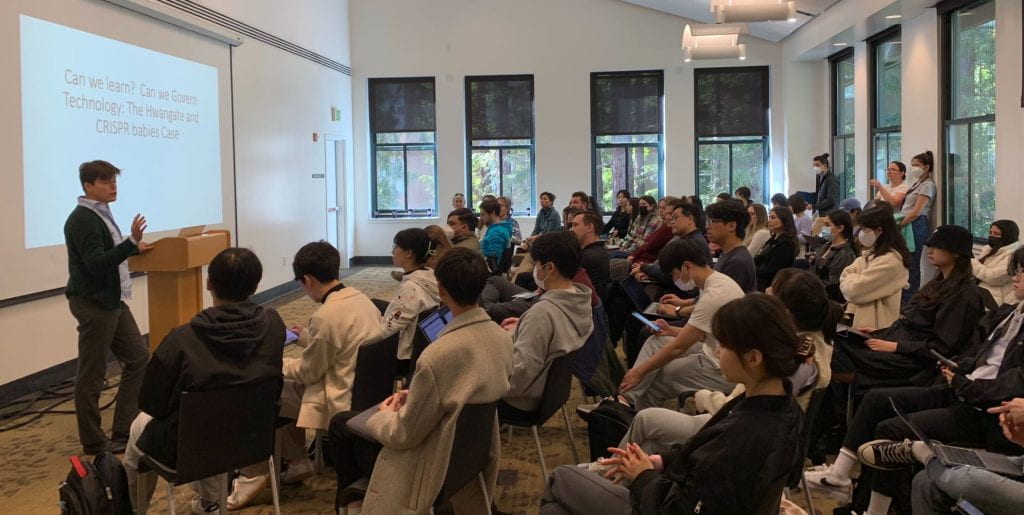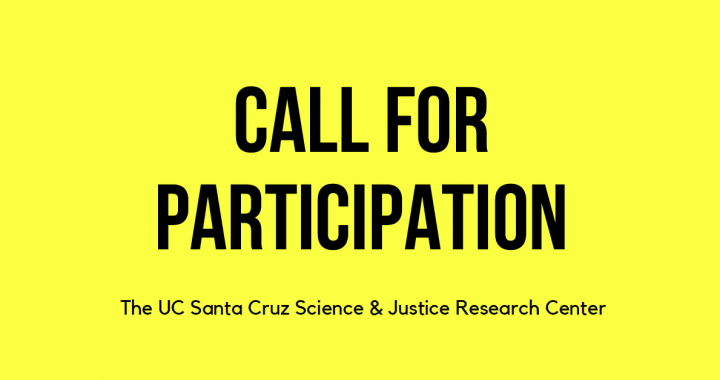Graduate Researchers
ByeongWoong Minin
Ethan
Undergraduate Researchers
Group 1:
Jaehoon Jeong
Giyun Choi is a junior majoring in Chemical&Biological Engineering at Seoul National University. He is especially interested in Energy process system engineering. So he plans to learn more about process control, optimization and modeling.
Yoon Lee is a junior studying Sociology and Science and Technology Studies at Seoul National University. He is interested in how diverse “situated knowledges” are constructed in societies. In particular, he finds it fun how heterogenous actors entangle and understand each other within medical practices. Also, he is recently getting into AI as a new important actor producing scientific knowledge.
Eunhye Kim is a senior student majoring in Computer Science and Industrial Engineering. She has a keen interest in the field of Human-Computer Interaction (HCI) and Ergonomics. Previously, she participated in a project designing a human-machine interface for semi-autonomous vehicles. Currently, she is conducting research in HCI, aiming to help users bridge the gap between text and image data in the fashion domain. Apart from academics, she enjoys jogging, swimming, and visiting art galleries.
Che Young Yoon is a junior at Seoul National University. She belongs to the College of Liberal Studies and is majoring in psychology and business administration. She has been interested in law since young, so she wanted to go to law school, but recently, she became interested in cognitive psychology and neuroscience. By combining law and neuroscience, she wants to create innovations that use psychological mechanisms to determine whether statements are true in court. She is interested in grasping people’s habits based on psychological knowledge and applying them to the field of law, beyond simply judging the authenticity of statements.
Group 2:
Seung Seok Oh is a senior majoring in Mechanical Engineering at Seoul National University. Having strong belief in a word “Any sufficiently advanced technology is indistinguishable from magic.” by Arthur C. Clark, I am deeply fascinated by engineering, especially robotics and aerospace. I am also interested in Silicon Valley startups that are rapidly changing the face of the world.
Hangyeol Go
Nayeon Joh
Minjae Kim is a junior majoring in Pharmacy at Seoul National University. She is very interested in pharmaceutical industry and medical health system. So she wants to learn more about new drug development and research issues that pharmaceutical companies focusing on. Also she wants to know about policies and systems that can help more people become healthy.
Chaehyeon Kim is junior majoring in economics and Management of Technology and recently taking a year off to do an internship at AI startup as a developer. She is interested in the dynamics between technology and society, and especially how the start-up companies change the everyday life of people. Throughout the internship experience, she became concerned with the social structural solution of the situations that start-up companies face but which are difficult to manage to pull themselves up by their bootstraps
Group 3:
Dong Uk Kim is a junior at Seoul National University, is majoring in Nuclear Engineering, with a keen focus on materials science within this field. He actively explores innovative nuclear plant designs and the critical materials required for their construction. He is also interested in assessing the role of nuclear energy in ethical and policy aspect, particularly as it relates to the global transition towards a low-carbon future.
JunHyeok Park
Nahyun Kim is a junior majoring in Painting at the Collage of Fine Arts and Anthropology at the Collage of Social Science. I am interested in how our visual culture has influenced our identity. In particular, I am interested in the methodology that Japan adopted after World War II to explain its own visual culture as ‘Japan’s uniqueness’ by separating it from Western influences, and the dangers of the linear historical perspective it entails. In relation to this program, I want to take a closer look at the potential social alienation that various revolutions in science and technology might bring about. By doing so, I aim to explore the possibility of caring for more microscopic extras by the area of art, rather than focusing on macroscopic transformations.
Yeongseo Shin is a junior majoring in college of Pharmacy at Seoul National University. I am very interested in science that considers society. I would like to ask how the U.S. viewed and responded to the reality of the medical gap, especially in the ‘health disparity’ class. I am also curious about the level of personalized medical care and the status of social institutions in the United States. Also, I wonder development of social, legal and ethical discussion about new technology innovation. I’m looking forward to getting diverse experiences and insights through this program!
Yoonwon Lee is a freshman majoring in Business at Seoul National University.
Group 4:
Hyeokjung Choi is a junior majoring in Business Administration at Seoul National University. He is deeply passionate about the innovation and productivity that flourish within a free and dynamic market, and hopes to provide a stable foundation for it. Currently, his field of interest is the appropriate valuation of technological innovations and IPOs of related start-ups, which accompanies due diligence. Also, he is interested in various topics of finance including financial crisis and its relation with governmental activities.
Kyunghoon Han is a sophomore majoring in mechanical engineering. I’m interested in AI technology and robotics. I’m planning to study and research some wearable devices. Through this snu-in program, I want to discuss social problems related to science technology like AI. Also, it will be a great time to share idea about science issue like CES2024 while touring companies in silicon valley.
Jwa Yewon is a freshman majoring in Medicine at Seoul National University. I think that future innovations such as genetic motification may impact on social inequility if we use these not properly, so i am interested in the way that we take advantage of innovations wisely and i want to shate various ideas with you !
Minyoung Shin is a biology major, and the reason I love biology is because the more I learn, the more I understand about human beings and life. It fascinates me that we can use the scientific method to find answers to questions like “Who am I? How does my body and mind work?” So I’m particularly interested in genetics, which explains the origins of humanity and our innate dispositions, and neuroscience, which allows us to understand human thoughts and emotions as electrochemical interactions. I’m also very interested in STS, which studies the relationship between science, people, and society. This semester, I took some courses that allowed me to broaden my horizons by discussing issues related to science and technology from a social and philosophical perspective. I hope to gain a variety of experiences at SNU in San Francisco to further refine my interests.
Seeun Lee is a junior majoring in Food Biotechnology at Seoul National University. I have a lot of interest in “Decarbonization of the Food Industry”. Furthermore, I wish to learn about the recent researches going on and values that IT giants are pursuing in the biomedical field.
Group 5:
Junwoo Kim is a sophomore majoring in business administration at College of Liberal Studies of Seoul National University. He’s also considering to major in architecture or design his own Student Designed Major combining architecture, sociology and anthropology. His interests can divided in two ways; interest in start-ups as a job, and personal interest in architecture or urban sociology especially how people and any buildings, cities, places, or any ‘spaces’ interact with each other. Also it has been always most interesting part for him that how companies make innovation and change the world.
Seunghoon Oh is a junior majoring in Biological Sciences at Seoul National University. He is especially interested in fields including structural biology, biochemistry and biophysics. He aims to develop a novel process for drug discovery through biophysical research, and eventually improve the affordability of personalized medicine.
Wonjae Shin is a sophomore majoring in Energy Resources Engineering at Seoul National University. He is interested in various fields surrounding energy and resources, such as GIS, energy markets, and petroleum. In particular, he is interested in the distribution of energy based on economics.
Younjin Kang is a junior majoring in Naval Architecture and Ocean Engineering, and double majoring in Computer Science Engineering. While studying artificial intelligence, she became interested in robotics and continues to study this field. Beyond technical expertise, she is passionate about understanding the social context and ethical responsibilities that accompany engineering applications.
Chaemi Song is a junior majoring in Business Administration and double majoring in Computer Science. Her academic journey is characterized by a profound interest not only in the technical aspects of artificial intelligence but also in the broader context that has shaped its evolution. She is particularly fascinated by the interplay between technological advancements and their societal impacts, especially in the realm of AI. She aims to acquire a nuanced perspective on AI that encompasses both its technological potential and its transformative role in shaping the future of human society.
Daeun Kim is a freshman majoring in Dentistry at Seoul National University School of Dentistry. While taking a Global Citizenship Education(GCED) course, she became conscious about global inequity in access to oral health care. She seeks applicable model for Universal Health Coverage (UHC) especially on oral health care.

